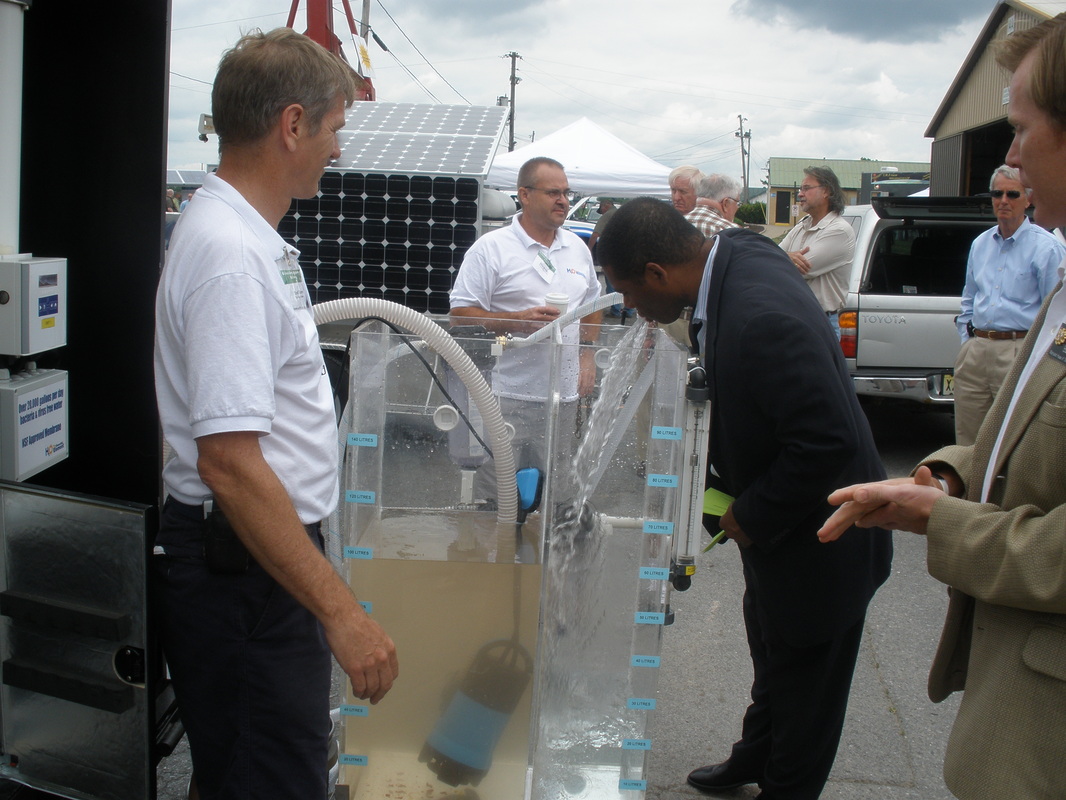Access to clean and safe drinking water is a fundamental human right, yet millions of people around the world still struggle with poor water quality. In many regions, especially those lacking adequate infrastructure or facing environmental challenges, waterborne diseases and contaminants pose a significant threat to public health. Fortunately, advancements in technology have given rise to innovative solutions, such as hydrogen water purifiers, which offer a lifeline to those living in areas with poor water quality. Hydrogen water purifiers, also known as hydrogen water generators, are devices designed to produce hydrogen-rich water through the process of electrolysis. This cutting-edge technology harnesses the power of molecular hydrogen to neutralize harmful free radicals in the body and provides several health benefits. However, in the context of areas with poor water quality, these devices offer an additional advantage: the ability to purify contaminated water.
One of the key benefits of hydrogen water purifiers is their ability to eliminate or reduce a wide range of waterborne contaminants. These devices typically employ advanced filtration systems that can effectively remove impurities such as bacteria, viruses, heavy metals, pesticides, and residual chlorine. This ensures that the water produced is not only hydrogen-rich but also free from harmful substances, making it safe for consumption. They provide a decentralized solution, allowing individuals and communities to take control of their water quality. These devices are compact, easy to use, and can operate without a constant supply of electricity, making them suitable for rural or off-grid areas. By simply pouring water into the purifier and activating the electrolysis process, clean and hydrogen-rich water can be obtained in a matter of minutes.

Furthermore, the antioxidant properties of hydrogen-rich water can have a positive impact on human health. Consumption of hydrogen water has been linked to various potential health benefits, including improved hydration, enhanced immune function, reduced inflammation, and increased energy levels. In areas where waterborne diseases are prevalent, these additional health advantages can be crucial in promoting overall well-being and preventing illness. It is important to note that while hydrogen water purifiers can effectively remove many contaminants, they may not be suitable for all types of water pollution. In cases where the water source is severely contaminated or polluted with chemicals that cannot be easily filtered, alternative purification methods may be necessary.
Hydrogen water purifiers represent a significant advancement in addressing poor water quality in areas with limited access to clean drinking water. These devices combine the benefits of water purification and hydrogen infusion, providing safe and healthy water while harnessing the potential health advantages of molecular hydrogen. By empowering individuals and communities to purify their own water, may loc nuoc hydrogen nhat ban offer a lifeline, helping to combat waterborne diseases and improve overall well-being. As technology continues to evolve, it is hopeful that these innovative solutions will become more accessible, ultimately contributing to a world where everyone has access to clean and safe water.
